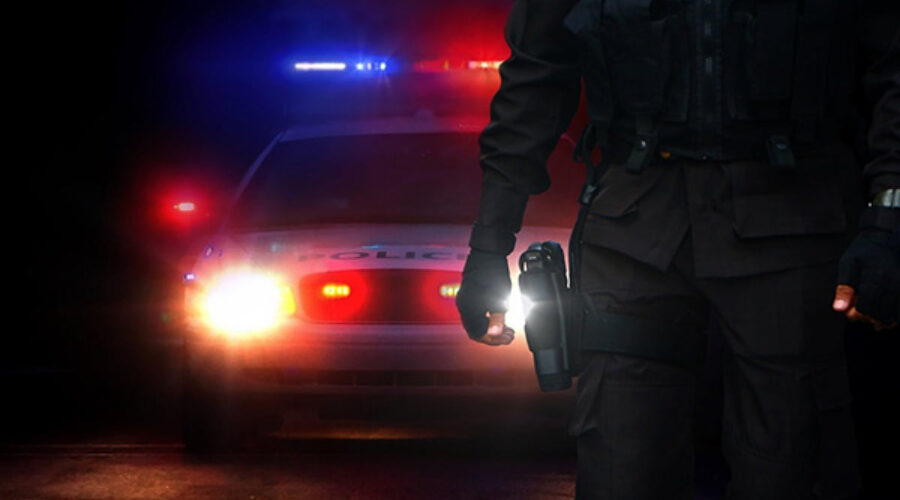Have you ever been stopped by a police officer? Was it a brief conversation? Did you feel uncomfortable? Did you believe that the police officer had no right to stop you? Well, at times, you would be correct. It is not unconstitutional for a police officer to come up and speak to you. However, while it is unconstitutional for a police officer to commit an unreasonable seizure on you, when does the contact with a police officer become unconstitutional?
United States Constitution—Fourth Amendment
Under the Fourth Amendment of the United States Constitution, you have a right to be free from unreasonable seizures by a police officer.
To determine whether a police officer has committed an unreasonable seizure—a violation of your Fourth Amendment right—two questions must be considered:
- Did a seizure occur; and
- If an individual was seized, did the police officer have reasonable articulable suspicion of criminal activity to justify the seizure?
What is a seizure?
A seizure occurs when an individual is placed in a position where a reasonable person would feel they need to comply with the directives of the police officer. More specifically, the officer has shown some form of authority that would make a reasonable person feel as if they are not free to leave or that they must comply with the officer’s commands. More specifically, a seizure occurs if a reasonable person would have believed—based on the totality of the circumstances—that they were neither free to disregard the officer’s questions nor free to terminate the encounter.
Minnesota applies what is known as the Mendenhall-Royer standard for judging the totality of the circumstances surrounding a police-citizen encounter to determine whether or not a seizure as occurred. Under this standard, some circumstances that may indicate a seizure has taken place include: (1) threatening presence of several officers, (2) display of a weapon by an officer, (3) some physical touching of the citizen’s person, and (4) the use of either language or tone of voice that indicates that compliance is required.
Considering the above standard, a person generally is not seized merely because an officer has approached them and began to ask questions. Furthermore, a seizure also does not occur when an individual—due to moral or instinctive pressure to cooperate—complies with an officer’s request to search. It is also important to keep in mind that an officer can briefly seize a citizen for investigatory purposes. However, this brief seizure requires reasonable articulable suspicion.
What is reasonable articulable suspicion?
Reasonable articulable suspicion requires the officer to have a particular and objective basis for suspecting the individual of criminal activity. More specifically, an officer must be able to point to specific and objective facts that would lead the officer to suspect criminal activity is afoot. In making this determination, an officer can take into consideration their training and experience which allows them to draw inferences and deductions that might elude an ordinary citizen. However, an officer’s suspicion cannot be based on a mere hunch.
If an officer has reasonable articulable suspicion, then the seizure of the individual will be justified. However, if a police officer lacks reasonable articulable suspicion, then the seizure is unjustifiable and any evidence obtained thereafter must be suppressed (which could potentially mean your case could be dismissed).
At times, it can be difficult to determine that fine line of whether or not a police officer has seized you and if that seizure was justifiable. If you have questions in regards to your case, do not hesitate to reach out to our attorneys who are experienced in the area of search and seizure law.


